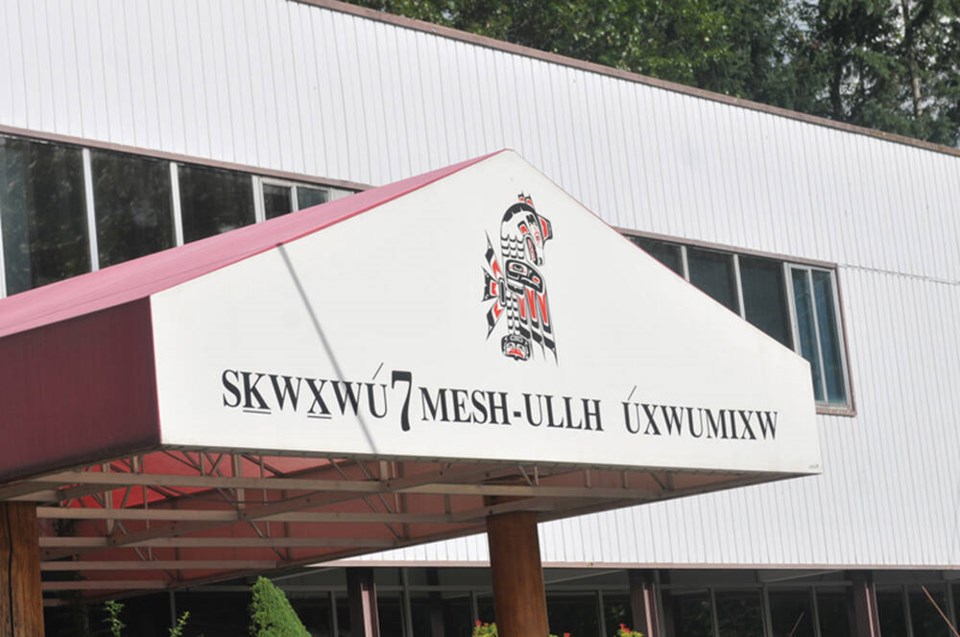A B.C. Liberal MLA has again introduced a bill that would allow Indigenous names that include non-Latin symbols and accents to be included on government documents such as birth certificates, drivers’ licences and adoption papers.
MLA Doug Clovechok introduced Bill M213, the Indigenous Names Statutes Amendment Act, this month after the New Democratic Party failed to call forward the bill in 2022.
“Indigenous people were stripped of their traditional names by the residential school system, and this bill directly responds to one of the 94 Calls to Action of the Truth and Reconciliation Commission,” said Clovechok, MLA for Columbia River-Revelstoke since 2017.
He said Indigenous applicants being have been told by the government that its current software won’t tolerate "special characters.”
“It’s unacceptable that the NDP are willing to spend our province into a deficit this year but won’t pay for software that will permit Indigenous people to use their rightful names,” he said.
Currently, the province only permits the use of Latin alphabetic letters to be officially accepted on important government documents, leaving no room for the countless accents, numbers and symbols used by First Nations, Inuit and Métis peoples — often necessary to alter the pronunciation and meaning of words.
The province said last April that it was working on making changes, after a Campbell River couple unable to register their child’s Indigenous due to its use of Kwak’wala characters.
“We are committed to ensuring that Indigenous languages are living, used, taught and visible throughout their respective territories and across the province — and that includes ensuring that parents can register the births of their children with traditional names,” the Health Ministry said at the time.
B.C.’s action plan to implement the United Nations Declaration on the Rights of Indigenous People includes the adoption of an inclusive digital font that allows Indigenous languages to be included in official records.
Clovechok was inspired to introduce the legislation by Emme Abbs, a Grade 12 student from Golden. Abbs sent the MLA a letter, detailing her desire to help those who had gone through the residential school system to reclaim their Indigenous names.
Clovechok, an adopted member of the Weasel Traveller family of the Piikani First Nation, said the NDP must “recognize that it is their duty” to find a way to accommodate Indigenous names going forward.
“The traditional names given to Indigenous children carry deep cultural meaning,” he said. “Being able to have documents like birth certificates reflect true cultural names in Indigenous languages is not just symbolic, but a matter of profound personal identity.
“They have meaning. They matter.”
Mina Kerr-Lazenby is the North Shore News’ Indigenous and civic affairs reporter. This reporting beat is made possible by the Local Journalism Initiative.
— With a file from Cindy E. Harnett, Times Colonist


